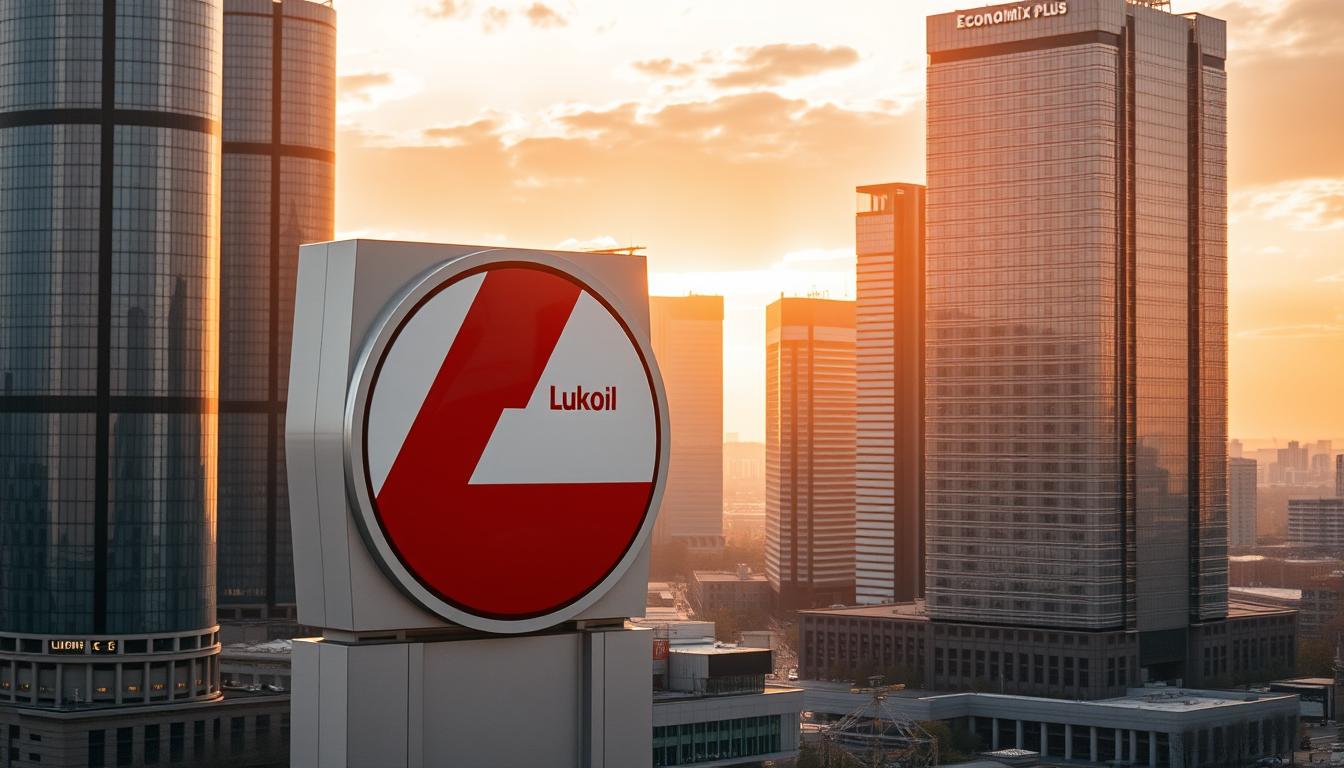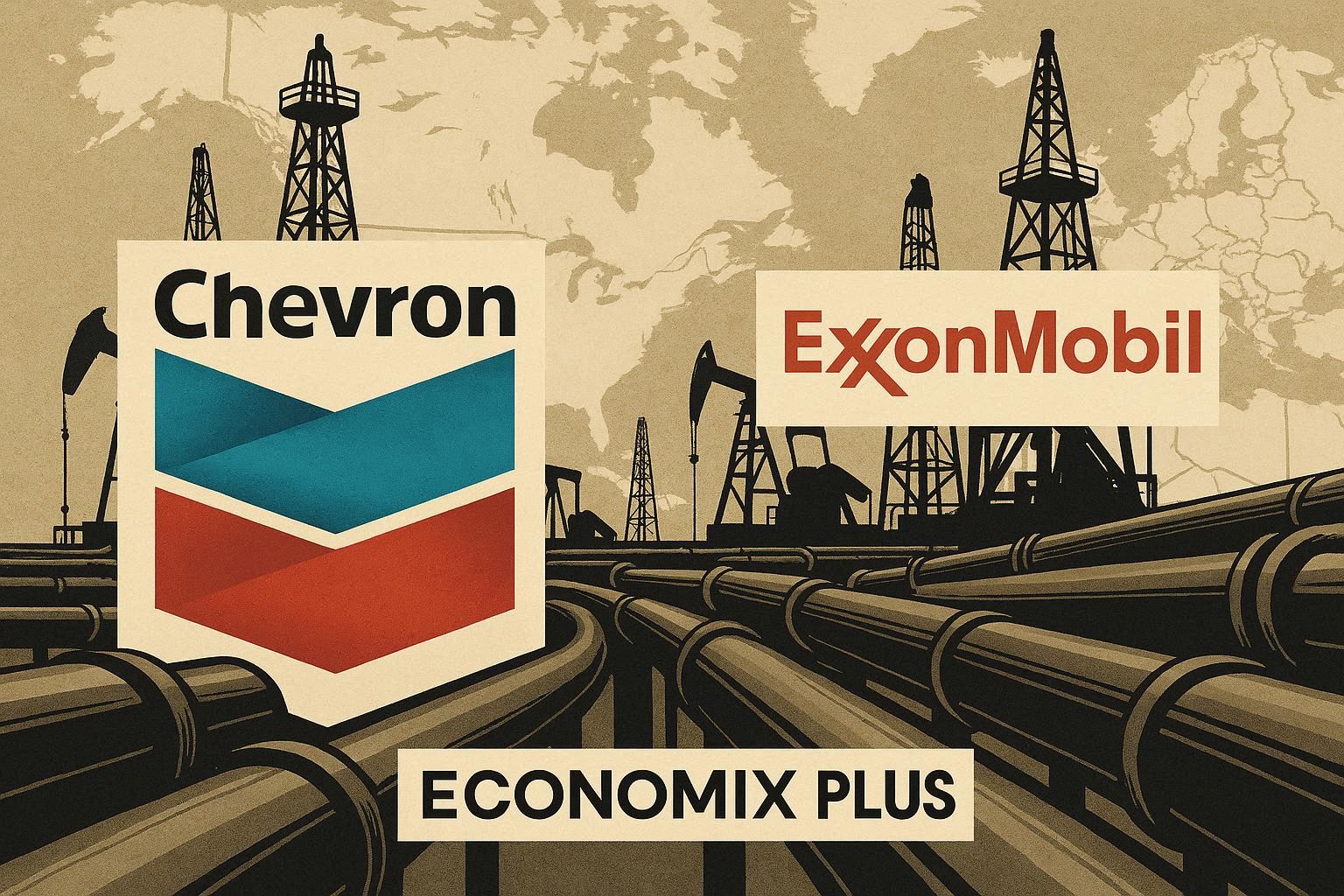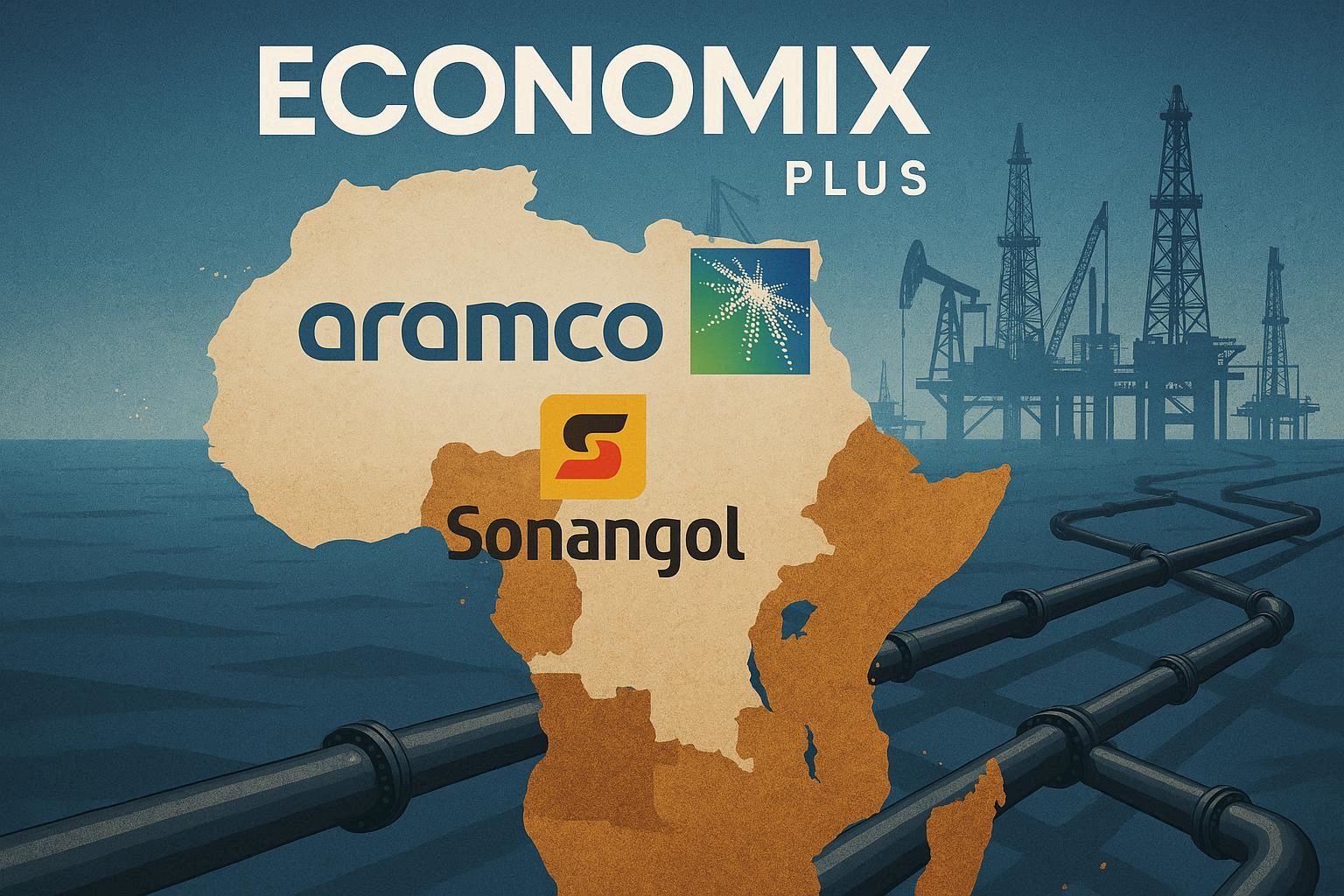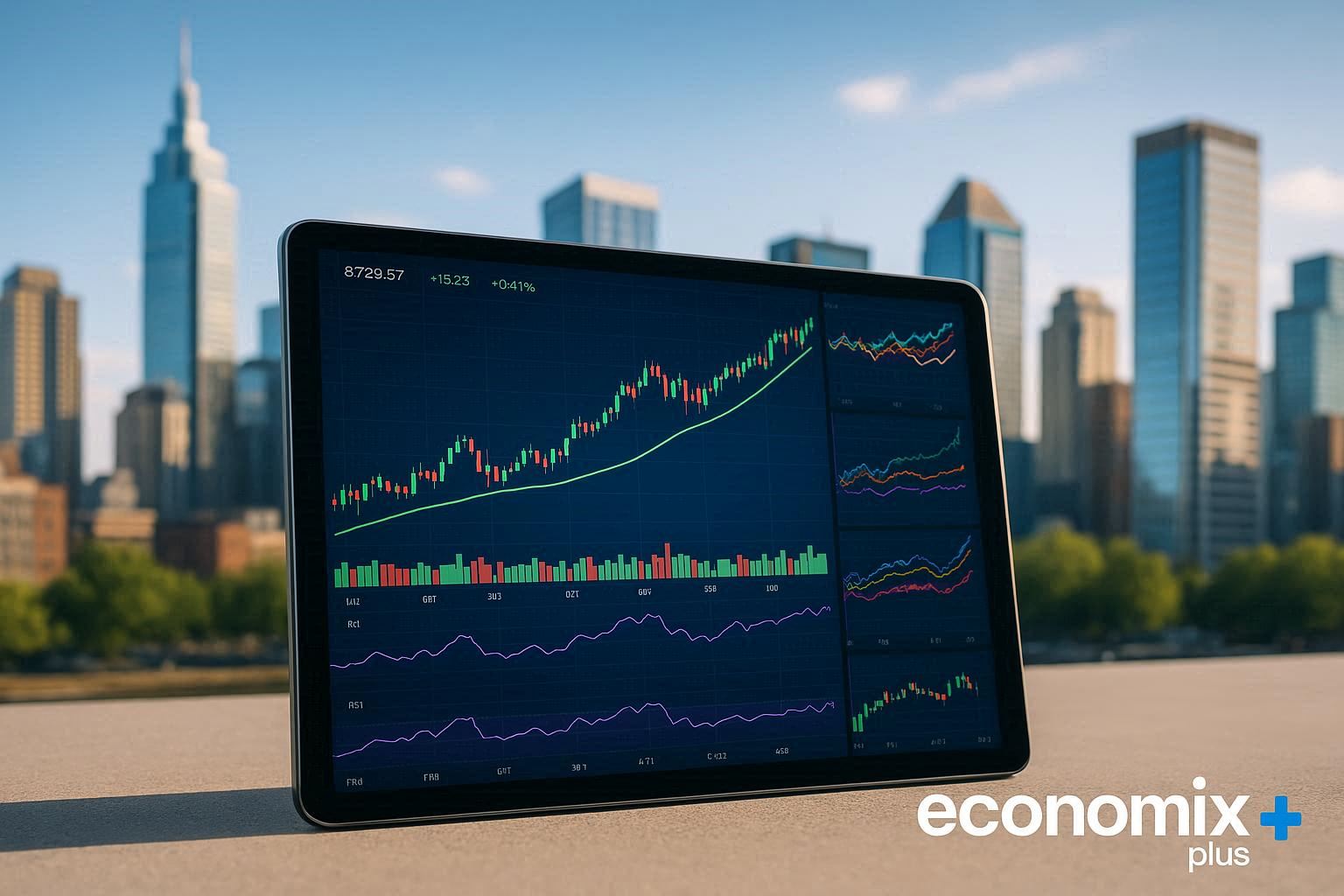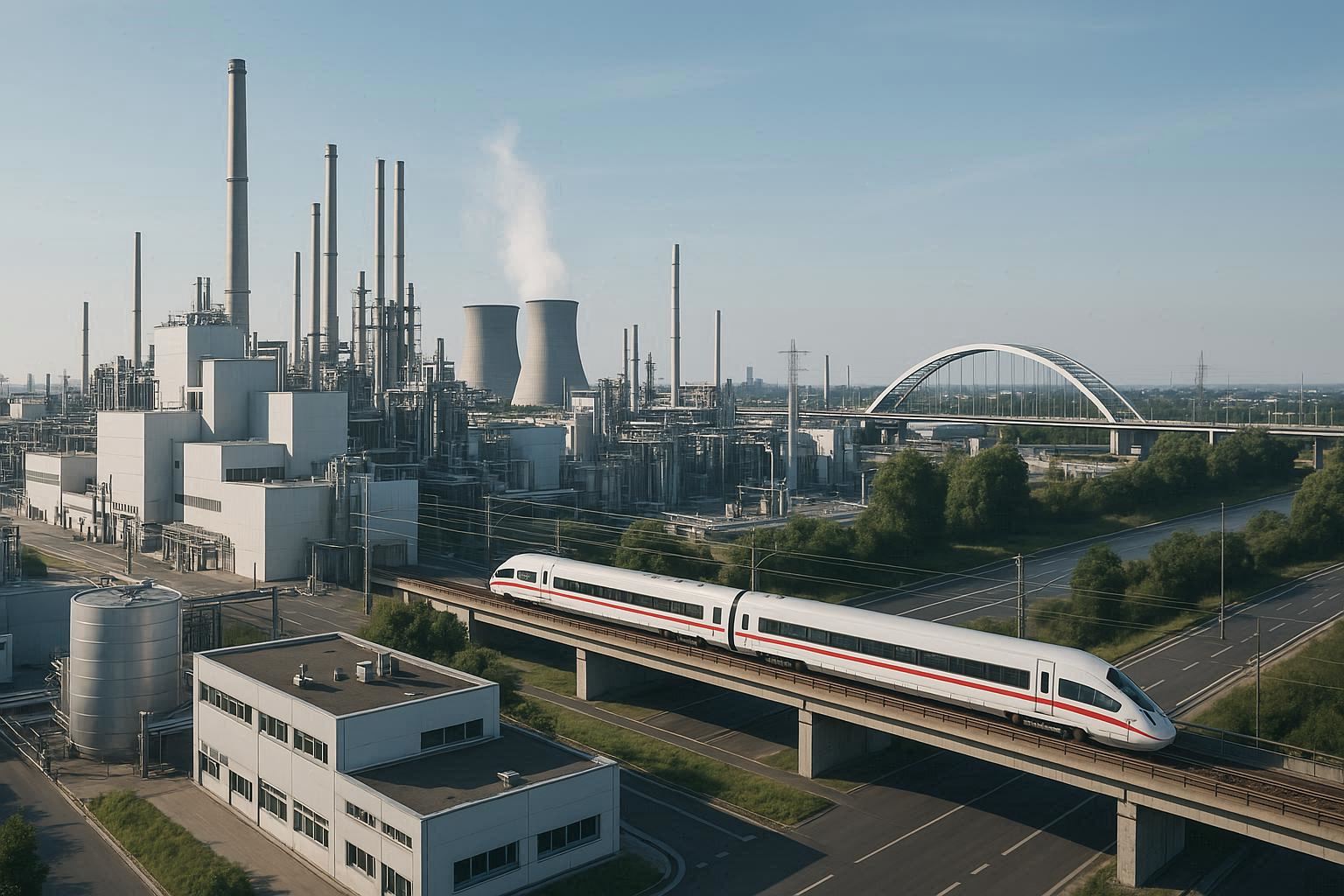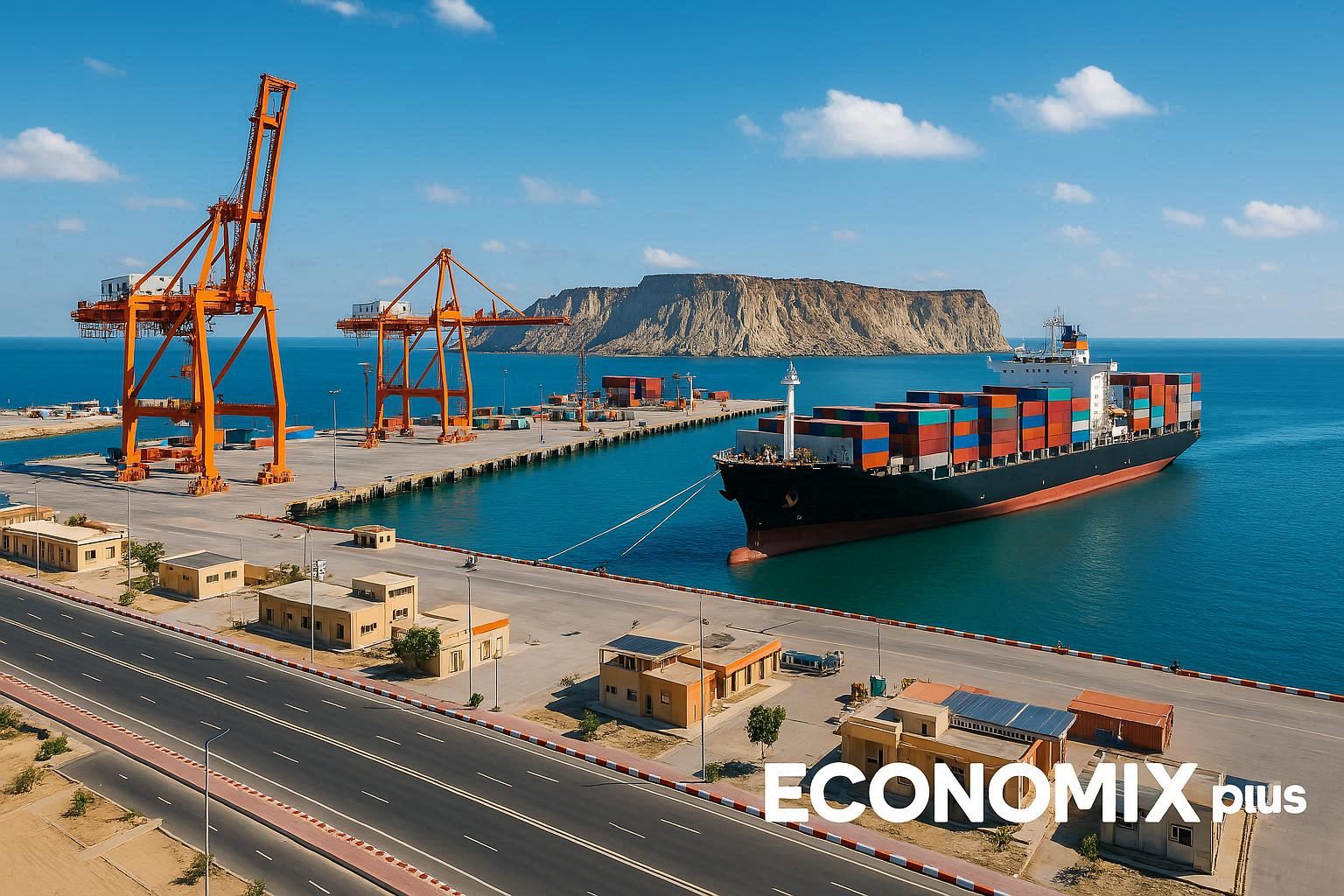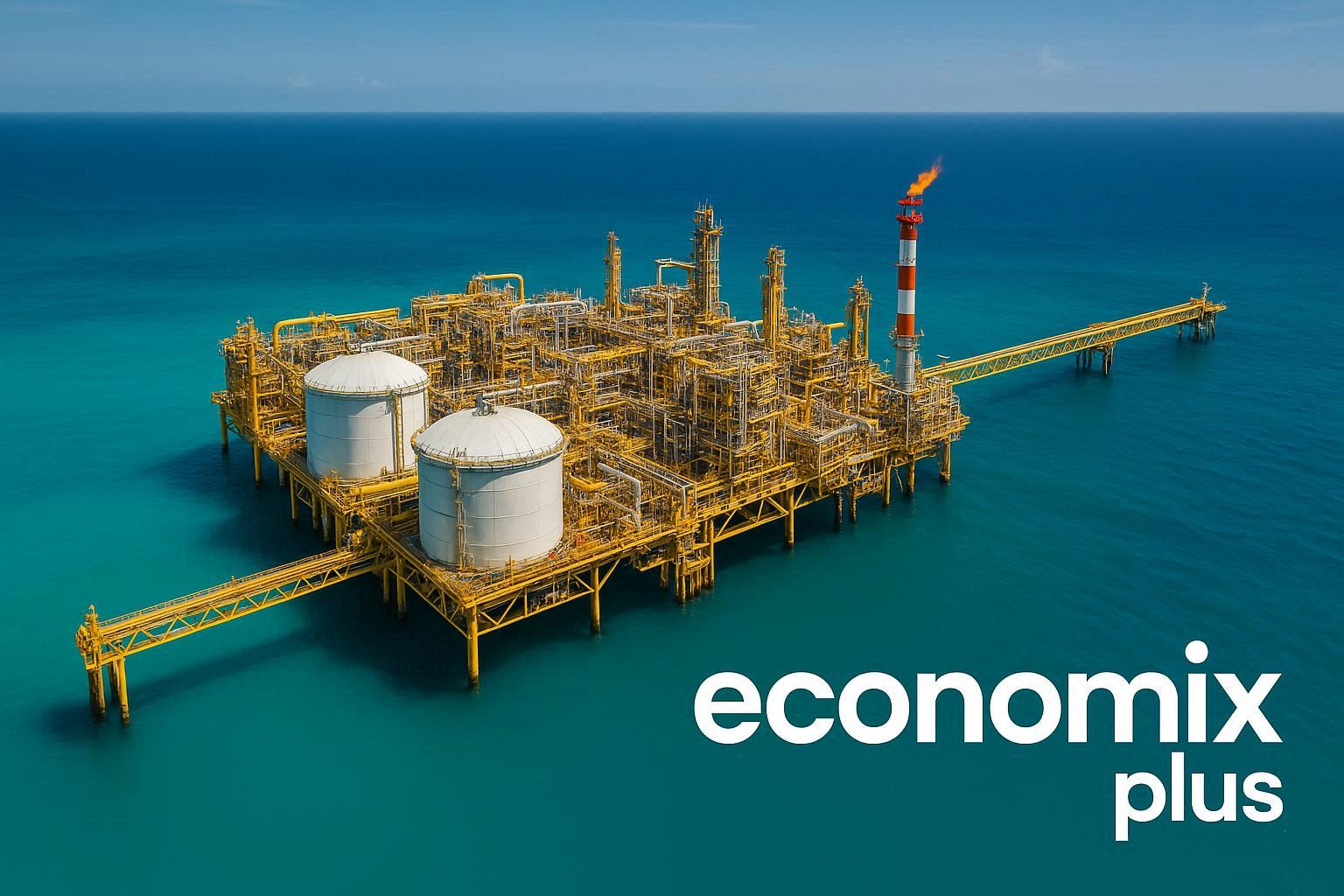Lukoil has emerged as a dominant force in the oil industry, with a presence in over 40 countries and a reserve base that ranks second among independent oil companies, behind only Exxon Mobil.
This energy giant has navigated complex geopolitical landscapes to expand its global footprint, from its Soviet origins to becoming Russia’s largest independent oil firm.
The company’s significant market presence raises important questions about its business model, strategic advantages, and future prospects in a rapidly evolving energy landscape.
Key Takeaways
- Lukoil is a major player in both Russian and global oil markets.
- The company has a substantial presence in over 40 countries.
- Lukoil’s reserve base is second only to Exxon Mobil among independent oil companies.
- The company has successfully navigated complex geopolitical landscapes.
- Lukoil’s business model and strategic advantages are key to its success.
The Rise of a Russian Oil Giant
Lukoil’s emergence as a global oil giant began with the dissolution of the Soviet Union. This period marked a significant transformation in Russia’s oil industry, as various production, refining, and distribution assets were consolidated into a single entity.
From Soviet Remnants to Global Corporation
The formation of Lukoil was a direct response to the chaos following the Soviet collapse. Vagit Alekperov, Lukoil’s president, played a pivotal role in assembling the remnants of the Soviet energy industry into a modern, vertically integrated oil company. By integrating various assets, Lukoil became a dominant player in the Russian oil market and eventually expanded its operations globally.
| Year | Event | Impact on Lukoil |
|---|---|---|
| 1989 | Vagit Alekperov becomes Deputy Oil Minister | Gained expertise and connections |
| Early 1990s | Soviet Union collapses | Assets were consolidated to form Lukoil |
| Present | Lukoil operates globally | Vertically integrated oil giant |
Vagit Alekperov’s Vision and Leadership
Alekperov’s background in the oil industry and his experience working on offshore rigs under dangerous conditions provided him with the insight needed to build a resilient company. By studying international oil companies like BP and ENI, Alekperov adopted a vertical integration model, enabling Lukoil to compete effectively in the global business landscape.
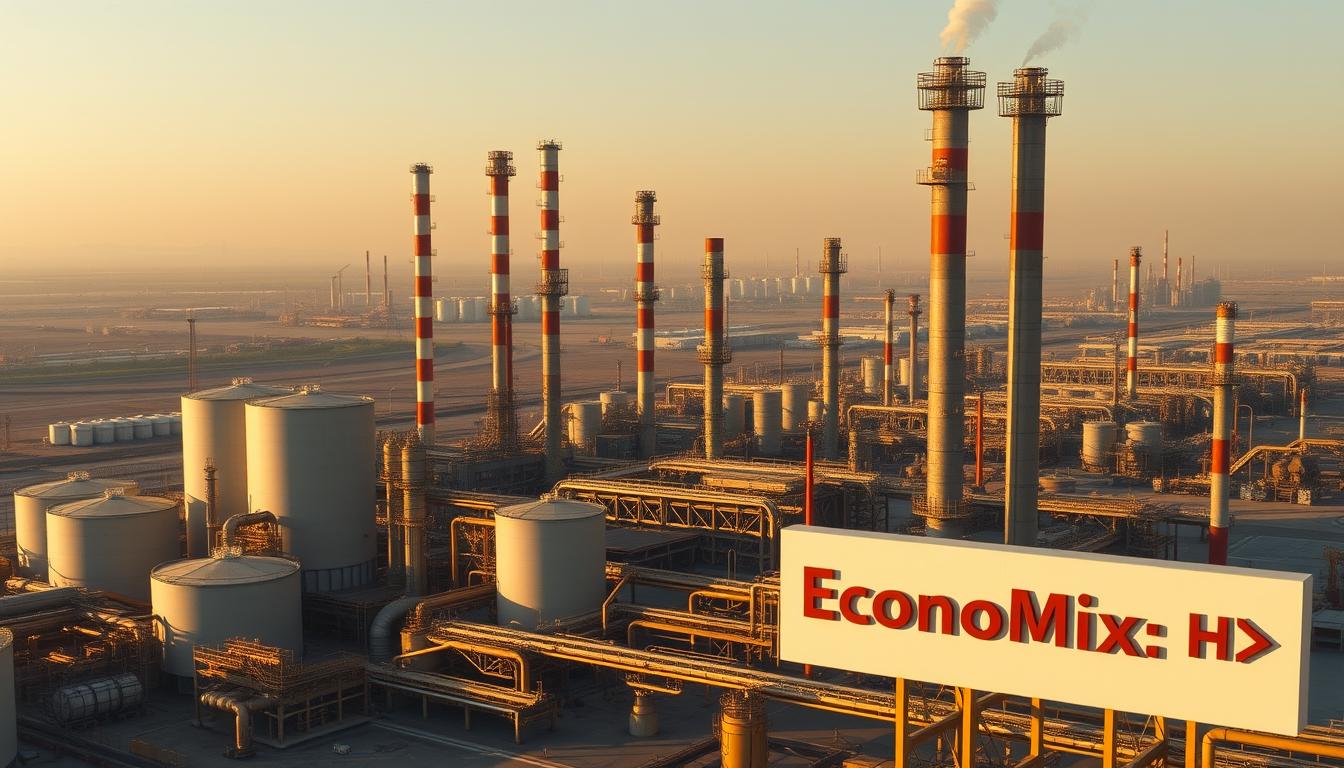
Under Alekperov’s leadership, Lukoil has navigated the challenges of a rapidly changing energy market, positioning itself as a key player in the global industry. Over time, Lukoil has demonstrated its ability to adapt and thrive, driven by Alekperov’s strategic vision and commitment to operational excellence.
Lukoil’s Strategic Assets and Operations
Lukoil’s dominance in the oil and gas sector is rooted in its substantial strategic assets and diversified operations across multiple countries. The company’s operational strength is built on several key pillars, including its vast network of production facilities, refineries, and distribution channels that span continents.
This extensive infrastructure allows Lukoil to not only extract and process crude oil efficiently but also to deliver refined products to various markets around the world. Additionally, the company invests heavily in technology and innovation, ensuring that its operations remain at the forefront of industry standards. By diversifying its portfolio to include both upstream and downstream activities, Lukoil mitigates risks associated with price volatility and market fluctuations, thus reinforcing its position as a leader in the global energy landscape.
Extensive Oil and Gas Reserves
Lukoil boasts extensive oil and gas reserves, ranking second among independent oil companies globally. This substantial resource base forms the foundation of the company’s market strength and operational capabilities, contributing significantly to its revenues over the years.
The company’s reserves are a critical component of its ability to maintain a strong market presence, especially in a time when global oil prices fluctuate due to various factors, including government policies and the ongoing war in the region. The firm’s strategic positioning in the Black Sea area enhances its profit margins and cash flow, making it a key player in the economy of the country.
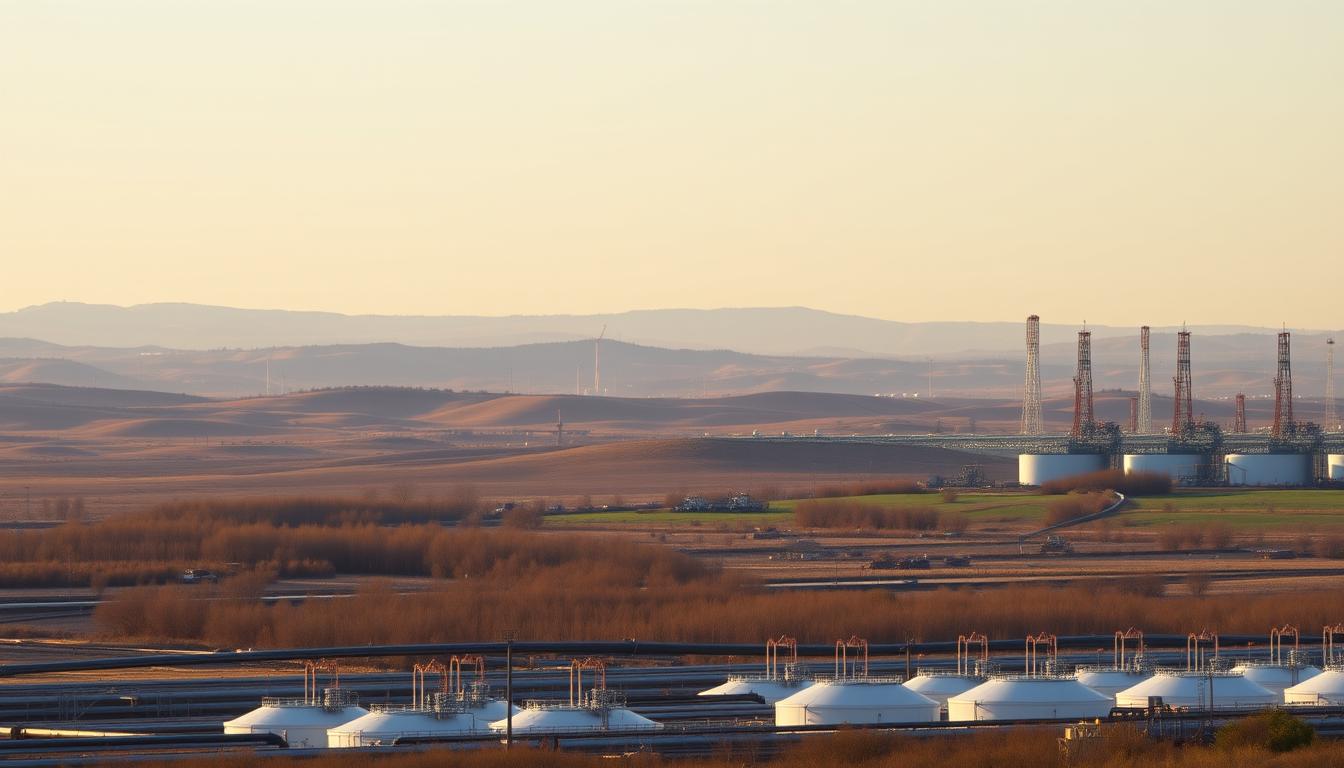
Vertical Integration Model
Lukoil operates with a vertical integration model, controlling the entire value chain from exploration and production to refining and retail distribution. This model creates operational efficiencies and market advantages, allowing Lukoil to optimize its crude oil production and refining processes. The company owns several refineries across Europe, including facilities in Italy, Romania, Bulgaria, and the Netherlands.
Global Operational Footprint
Lukoil’s global operational footprint spans more than 40 countries, with strategic assets in Russia, Central Asia, the Middle East, and Europe. The company’s participation in major international projects, such as the Shah Deniz gas field in Azerbaijan, contributes significantly to its global influence and revenue streams. Lukoil holds a 19.99% stake in this project, one of the world’s largest gas-condensate projects supplying gas to the European Union.
By leveraging its extensive oil and gas reserves, integrated business model, and global operational footprint, Lukoil maintains its position as a leading player in the international energy market.
What Makes Lukoil a Key Player in Russian and Global Oil Markets?
The company’s ability to navigate complex geopolitical landscapes, including the influence of the prime minister and the Russian government, has enabled Lukoil to maintain its competitive edge in the oil and gas industry. As a major player in the Russian oil sector, Lukoil has leveraged its strategic assets and operational capabilities to expand its presence globally, adapting to changing market conditions and maximizing profits through its diverse range of products.

Market Share and Production Capacity
Lukoil is Russia’s largest independent oil company, with a significant market share in the country’s oil sector. The company’s production capacity is substantial, with operations that span across various regions. Lukoil’s ability to produce crude oil efficiently has enabled it to remain competitive in a challenging market.
- Lukoil’s production statistics demonstrate its scale and influence in the global oil industry.
- The company’s operational footprint is diverse, with operations in multiple countries.
- Lukoil’s integrated business model allows it to adapt to volatile prices and capitalize on emerging opportunities.
Competitive Advantages in Challenging Markets
One of Lukoil’s key competitive advantages is its ability to operate effectively in challenging markets where Western companies face restrictions. As noted by Mattias Westman, founding partner of Prosperity Capital Management, “It’s very difficult to see where Exxon or Shell or BP finds new oil in the next few years. The same cannot be said about Lukoil. They have the best chance of acquiring and developing more reserves and growing more than any other oil company on earth.”
Lukoil’s Russian origins and government relationships provide it with access to reserves and markets that remain inaccessible to many Western competitors. This unique position enables Lukoil to capitalize on opportunities in the global oil market, driving its growth and profits in a competitive world.
Financial Performance and Market Resilience
Lukoil’s financial health has been robust, thanks to its strategic approach to managing oil price volatility and its diverse range of products. The company’s ability to navigate through various oil price cycles and fluctuations in crude prices is a testament to its market resilience in the competitive oil gas sector.

Weathering Oil Price Volatility
Lukoil has faced significant challenges due to oil price fluctuations. During the global financial crisis, the company’s stock fell by 68%, underperforming many international peers. However, Lukoil’s vertically integrated structure has provided some insulation against commodity price fluctuations. Its downstream operations, including refining and marketing of petroleum products, have helped stabilize revenues during periods of low crude prices.
As Vagit Alekperov, Lukoil’s president, noted, “Our strategy is focused on maintaining a balance between upstream and downstream operations, allowing us to mitigate risks associated with oil price volatility.” This strategic balance has enabled Lukoil to maintain a stable financial performance, even in challenging market conditions.
Strategic Partnerships and Investments
Lukoil’s strategic partnership with ConocoPhillips, which acquired a 20% stake in the company, has significantly influenced its corporate governance and operational practices. This partnership has brought in international best practices and enhanced Lukoil’s operational efficiency. Lukoil has also made significant investments in major international projects, such as the Shah Deniz gas field in Azerbaijan, which is projected to generate substantial profits over the coming decade.
For more insights on comparing prices in global markets, visit Economix Plus. Lukoil’s participation in such projects not only enhances its revenue streams but also contributes to its overall financial resilience. The company’s European refining operations have also been a significant value creator, particularly during periods of high refining margins.
“Lukoil’s financial resilience is a result of its diversified operations and strategic investments,” said an industry expert. “The company’s ability to adapt to changing market conditions will be crucial in maintaining its financial health.”
Conclusion: Lukoil’s Future in a Changing Energy Landscape
As Lukoil looks to the future, it must leverage its strengths while adapting to the rapidly changing global energy landscape. The company’s extensive reserves and ability to operate in challenging markets position it well for continued success. However, Lukoil faces significant challenges, including geopolitical tensions and the global energy transition.
Lukoil’s strategic advantages, such as its vertical integration model and global operational footprint, will be crucial in navigating these challenges. The company’s ability to refine crude oil and produce a range of petroleum products will remain vital in a market where demand is shifting.
The impact of sanctions and geopolitical tensions on Lukoil’s operations cannot be overstated. The company must balance its relations with the Russian government while pursuing its business interests globally. As Vagit Alekperov has noted, there are opportunities to expand and acquire new assets, but caution is necessary to avoid potential pitfalls.
In conclusion, Lukoil’s future in the changing energy landscape will depend on its ability to adapt to market conditions while maintaining its operational advantages. With careful planning and strategic decision-making, Lukoil is well-positioned to navigate the complexities of the global oil market.
